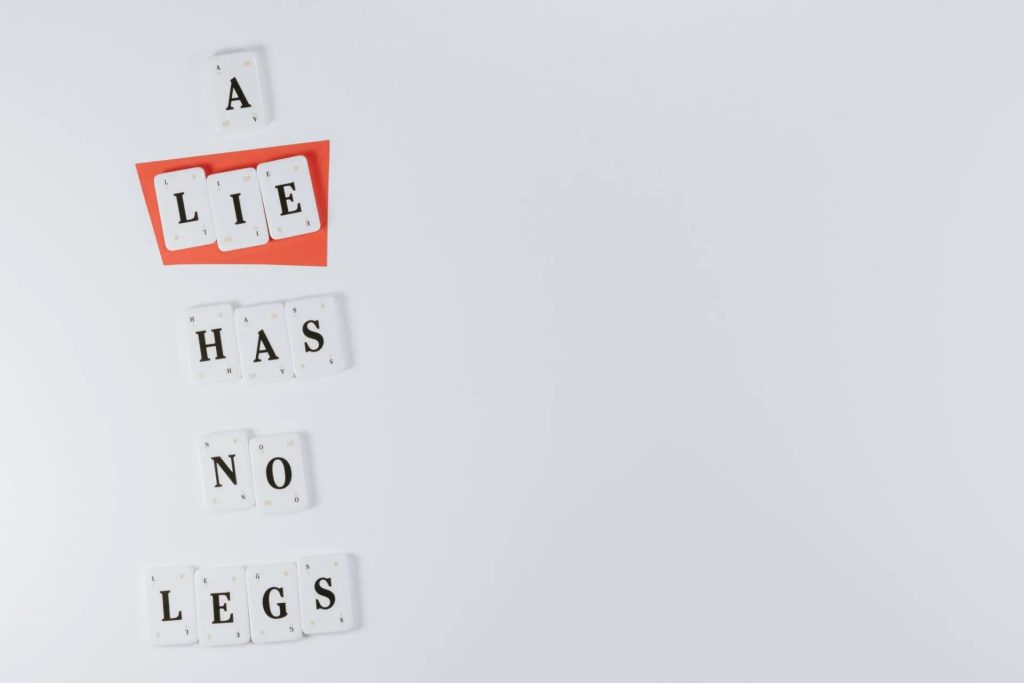They say, “Honesty is the best policy,” but according to Judi Ketteler, the lies we tell ourselves are often more harmful than the lies we tell others.
In “Would I Lie to You?” Ketteler examines how we lie about accomplishments; whether you inflate your abilities, leave things out, or cushion the full impact of honesty, many moments in life start with a lie.
If you wish for something to be true, the concept of “motivated reasoning” is an easy way to reach a particular conclusion and use that desire to guide your thinking.
These lies, according to psychology, are what impact our self-perception and attitude. When self-image (how you think you are) and ideal self (what you want to be like) are juxtaposed upon each other, we get these corners peeking out from everywhere called areas of fabrication.
There are lies to our self-perception, regardless of whether they are used to overestimate or underestimate our capabilities!
A personal mission statement is an honest review of oneself, highlighting those very areas of fabrication that manipulate our assessment of the self and ultimately harm the potential we hold to make an impact. This step will shape the way you think about yourself, ensuring your personal mission statement isn’t just based on your perceived self.

